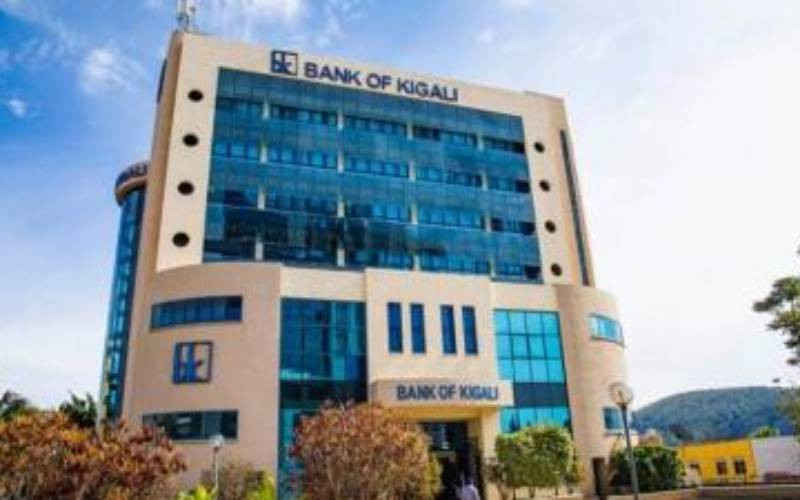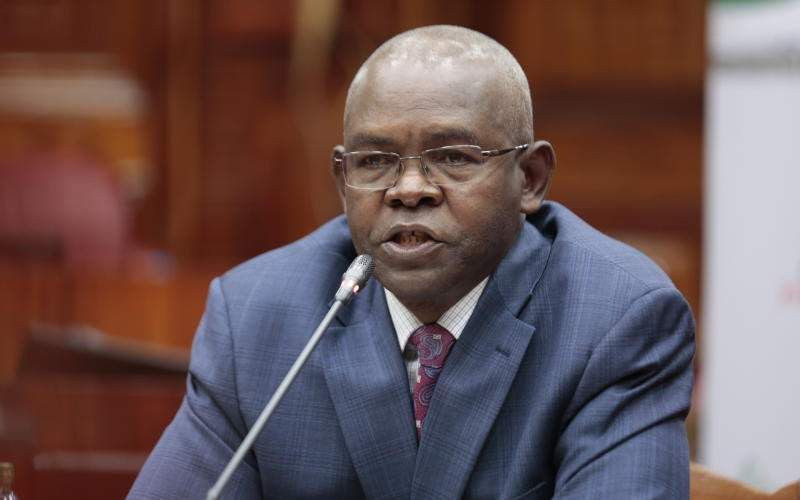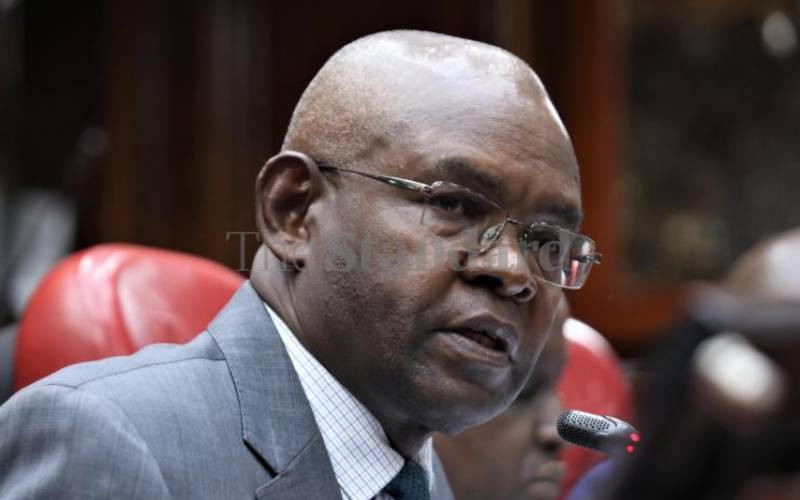NAIROBI: The Central Bank of Kenya's move to hold the benchmark rate, or Central Bank Rate (CBR), at 11.50 per cent is a major relief for borrowers. This was despite widespread expectations for a rate hike to tame the weakening shilling, which has shed about 14 per cent of its value this year.
Had the CBR increased, individuals and institutions holding loans would have seen their monthly repayments go up once again. The CBR has gone up by a cumulative 3 percentage points following two previous central bank meetings.
The CBK's Monetary Policy Committee, which met on Wednesday, said it anticipates that recent tightening measures were sufficient, and that there was more scope to support the shilling. It also noted that measures taken in previous meetings were yet to be fully transmitted to the economy.
Since banks are required to issue their customers with a month's notice before any reviews on interest rates, the last revision of lending rates had not yet translated to higher loan repayments for borrowers, which would, effectively, lead to less disposable income.
By reducing the amount of money in the market, CBK hopes to rein in inflation – which occurs when too much money chases after too few goods – and, by extension, fluctuations in foreign exchange rates created by increased demand for dollars by importers.
The committee expressed confidence that measures taken last month to increase the CBR would discourage borrowing and consumption, while encouraging savings.
The bank pointed out that tourism and agriculture were looking up, and that the higher expected foreign exchange inflows would support rising remittances, strengthening the local unit. But even with the absorption of excess liquidity from the market, the shilling has continued to depreciate. On Thursday last week, commercial banks quoted it at 101.10/20 to the dollar, versus Wednesday's close of 100.75/85.
Even though the shilling remains at levels last seen in 2011, many analysts concur with CBK governor Patrick Njoroge that the fall of the shilling is beyond the regulator's control.
Analysts say the drop could be due to a surge in imports and a slowdown in foreign exchange earnings caused by low tourist arrivals over terror attack fears.
The fall of the shilling is also attributed to expectations of a US Federal Reserve rate hike. But a weakening shilling is not all bad news. First, Kenya is not the only currency feeling the effects of a stronger dollar – regional economies have seen drops above 20 per cent.
This is the time to market the country as an affordable tourist destination. Now that exporters are earning more, it is critical that the conversation shift to how Kenya can produce more for export, and neutralise the high cost of imports, which our economy relies disproportionately on.
CBK also needs to curb speculative trading of the shilling by commercial banks and other forex dealers. This would prevent currency attacks, as witnessed in 2011 when CBK accused four unnamed banks of exerting speculative pressures on the exchange rate.
 The Standard Group Plc is a
multi-media organization with investments in media platforms spanning newspaper
print operations, television, radio broadcasting, digital and online services. The
Standard Group is recognized as a leading multi-media house in Kenya with a key
influence in matters of national and international interest.
The Standard Group Plc is a
multi-media organization with investments in media platforms spanning newspaper
print operations, television, radio broadcasting, digital and online services. The
Standard Group is recognized as a leading multi-media house in Kenya with a key
influence in matters of national and international interest.
 The Standard Group Plc is a
multi-media organization with investments in media platforms spanning newspaper
print operations, television, radio broadcasting, digital and online services. The
Standard Group is recognized as a leading multi-media house in Kenya with a key
influence in matters of national and international interest.
The Standard Group Plc is a
multi-media organization with investments in media platforms spanning newspaper
print operations, television, radio broadcasting, digital and online services. The
Standard Group is recognized as a leading multi-media house in Kenya with a key
influence in matters of national and international interest.








